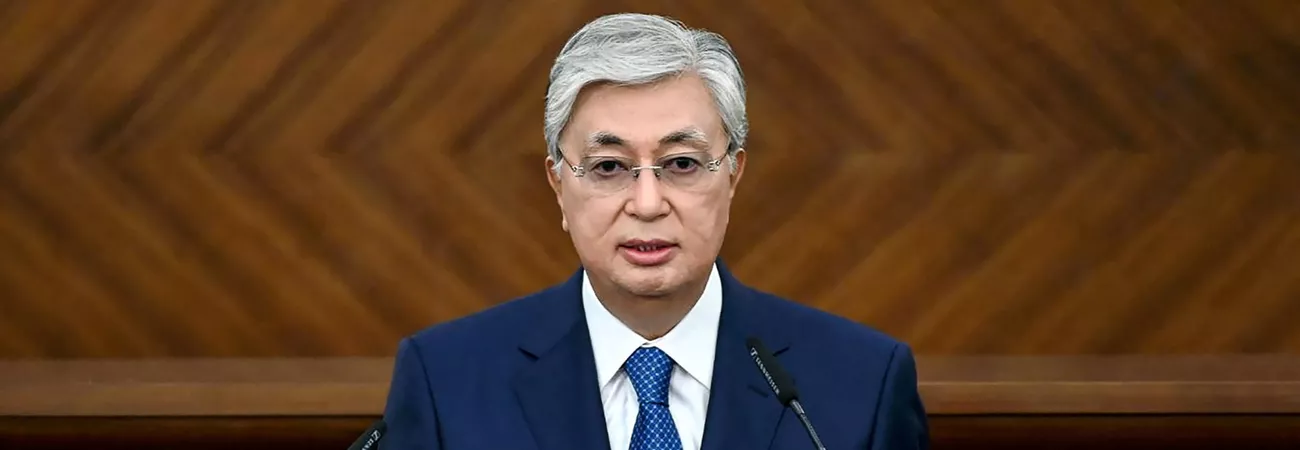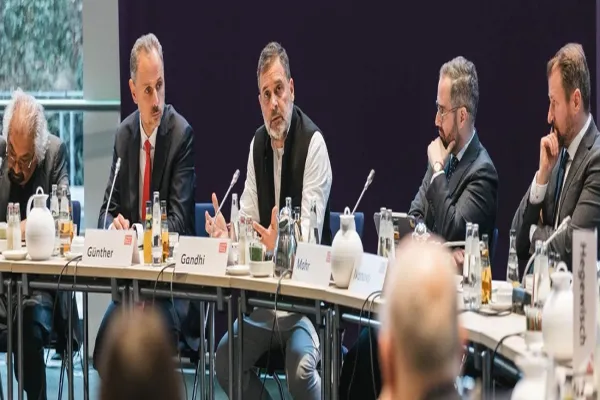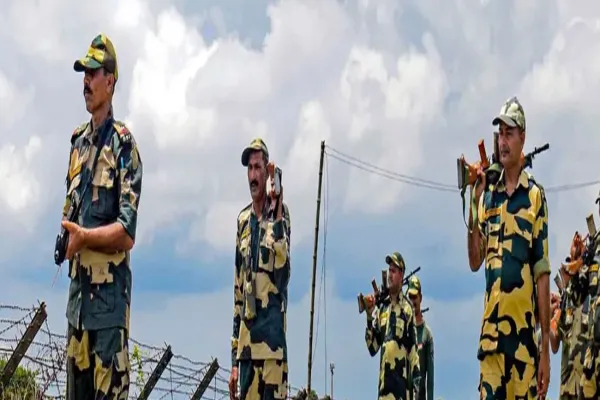i NEWS INTERNATIONAL
Kazakhstan will hold snap presidential elections Sunday expected to cement the incumbent Kassym-Jomart Tokayev's grip on power, months after deadly unrest spurred a historic power shift in the Central Asian country. Leading up to the vote, Tokayev has promoted himself as a reform leader capable of bringing the country together after earlier this year authorising law enforcement to "shoot to kill" anti-government protesters. His vast, ex-Soviet country is precariously perched geopolitically, with historic economic and military ties with Moscow and Beijing emerging as a regional power broker.
The 69-year-old has vowed to build "a new Kazakhstan," including by liberalising the judicial system and tackling corruption in the oil-rich country. But deep social inequality that was at the origin of the January protests -- which left more than 230 people dead -- remains a problem in Kazakhstan and a potential political threat for the incumbent. Tokayev became leader in 2019 and has since stymied opposition to his rule and consolidated power by sidelining his authoritarian predecessor Nursultan Nazarbayev.
He is facing five little-known challengers as he seeks a seven-year term in the early vote he initiated in September, saying he needed a "new mandate of trust from the people." Elections were initially scheduled in December 2024, but in March, he introduced constitutional reforms to curb the powers of the president and boost the role of parliament, spurring the early ballot. - 'Farcical elections' - International observers from the Organisation for Security and Cooperation in Europe (OSCE) have criticised Kazakhstan's failure to meet electoral recommendations, including on "conditions of eligibility and registration of candidates."
"There is no credible candidate. There is no real choice. I'll be voting against all of them," said Asset Terirgaliyev, a retired resident of the country's economic capital, Almaty, the city which was an epicentre of the riots and subsequent repressions in January. "Had Tokayev said: 'I'm annulling the vote. I'm staying in power for seven years -- or however long I want -- and then I'll go,' I would respect him for his honesty," he added. Analyst Andrei Chebotarev said the violence in January, which he said put the country "on the brink of a civil war," had also brought about a "change of the foundations of society and the state."
Despite being a product of Nazarbayev's political era, Tokayev ousted the former leader's allies from senior positions and jailed several among them. Since the violence, Tokayev has also promised political and economic reforms aimed at the "transformation and modernisation of the society." - Balancing act - "A little time has passed and we don't see any real changes yet," said pensioner Svetlana Kadysheva.
Credit : Independent News Pakistan-INP









